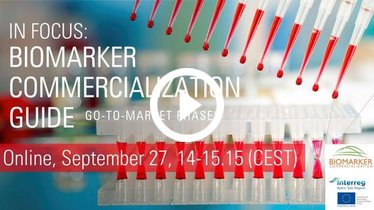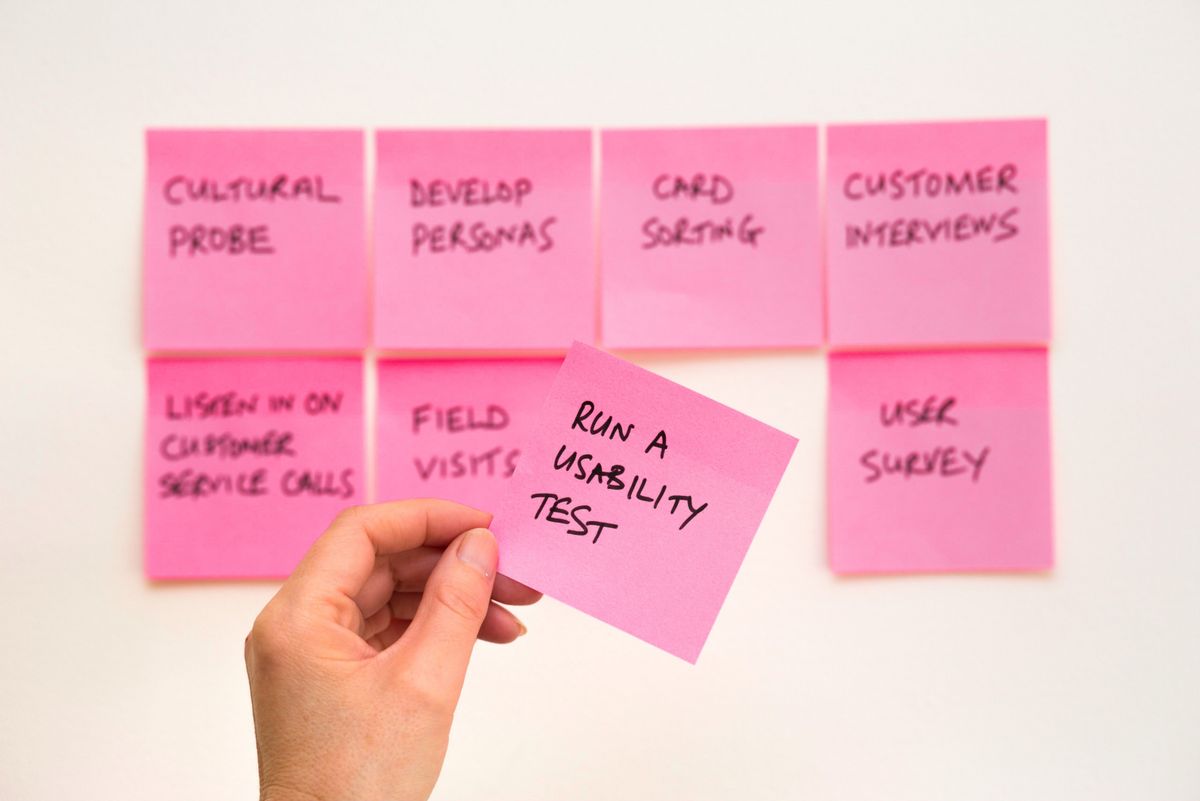
News

In 2017 an international consortium-lead Interreg Baltic Sea Region funded project was set into motion with an ambitious aim to facilitate and standardize the commercialization process of new biomarkers, which are becoming increasingly important in disease risk prediction, diagnosis, prognosis and treatment response.
“The challenges of biomarker discovery, however, are significant, as the development and commercialization of biomarkers is time consuming, complicated and expensive. Presently, there is no proven routine and thereby successful way to biomarker commercialization”, explains Tero Piispanen, senior executive at Turku Science Park Ltd., Finland.
To address this problem, the Biomarker Commercialization (BIC) project aims to develop a set of tools to support the various phases of the commercialization process of new IVD (in vitro diagnostics) -applicable biomarkers.
“Currently, the project is concluding the pilot phase, in which the tools were thoroughly tested through pilots by eight researcher teams, six SMEs and two technology transfer offices (TTOs) from Denmark, Estonia and Finland. The participants commented on technical/ clinical aspects, business aspects, as well as on regulatory aspects of the BIC tools’ contents. Additionally, attention was focused on the design and usability of the tools”, explains Susan Raths, project manager at BioCon Valley® GmbH in Germany.
The participants welcomed the idea of such toolset, finding it very useful and time saving with a strong potential to be a highly valuable and important tool in the search, selection, and commercialization of IVD-applicable biomarkers.
Professor Allan Stensballe from Aalborg University, whose research focuses on translational pain biomarkers, is interested to use the BIC Commercialization Guide for future projects: “Even with the abundance of new biomarkers being identified all the time not many make it past publication. Some of this may be due to lack of guidance and information about going from identifying a new potential biomarker to all the regulatory and commercial aspects that is also vital in biomarker commercialization. In this aspect, I believe the BIC Commercialization Guide fulfils a needed role that will help and ease the way for researchers considering commercializing biomarker research results.”
The purpose of the tools regarding the researchers is to lead them into a product-mindset from the beginning when doing their research, which was a new and exciting viewpoint for the interviewed researchers. “A tool like the BIC Commercialization Guide is much needed since the research and commercial fields are very different, i.e., publications create value in the research field, whereas market size creates value in the commercial area. The information provided in the BIC Commercialization Guide can help bridge the gap,” tells associate professor Per Svenningsen at the University of Southern Denmark.
The companies provided excellent and much valued feedback on the functionality of the tool from a commercial viewpoint. “Overall, the BIC Commercialization Guide was tremendously helpful for us to organize the research and development of our technology. The process of bringing technology from idea to production stage – this is really where the BIC Commercialization Guide shines. External consultancies that offer services to help with this process can charge up to 5% equity ownership of a startup. Therefore, the tool is not only helpful but also has a high financial value,” observed Huram Konjen, CEO of Dianox, a company developing early diagnostic screening tools for infectious diseases.
Erno Sundberg, CEO of Abacus Diagnostica Ltd., a Finnish molecular diagnostics company specialized in rapid molecular testing, provided insights on the biomarker commercialization reimbursement system and stressed the importance of key opinion leaders, which should be recruited along the development evolution and from different geographical areas. This will support commercialization and reimbursement aspects.
All pilot-stage participants agreed that a clear benefit from the tool is that the information on all steps required in the process of biomarker commercialization is collected in one place. “The division of each part of the tool into biomarker development, commercial evaluation and regulatory issues, provides a clear overview of requirements for each phase. This saves time by providing a highly useful guide through the commercialization procedure. The description of each step to be taken in the different categories are clear, well-described in short terms, and follows a logic and strict path,” conclude CEO Tomasz K Wojdacz and Co-founder Lise Lotte Hansen from MethylDetect, which provides Methylation Sensitive High Resolution Melting (MS-HRM) technology for researchers in the field of epigenetics.
The BIC Commercialization Toolset
The BIC Commercialization Toolset will be available for free for everyone on project’s website at the end of summer 2020.
The BIC project team thanks all pilot phase participants and their teams: Konstantin Denessiouk (Labmaster Ltd), Inger Lise Gade (Aalborg University Hospital), Kamlesh Gidwani (University of Turku), Otto Glader (University of Turku), Aase Handberg (Aalborg University Hospital), Jukka Hytönen (University of Turku), Malene Møller Jørgensen (Aalborg University Hospital) , Asko Uri (Kinasera Ltd), Huram Konjen (Dianox Ltd), Anna-Riina Koskenniemi (University of Turku), Janne Koskinen (ArcDia International Ltd), Raluca Georgiana Maltesen (Aalborg University Hospital), Tomasz K Wojdacz and Lise Lotte Hansen (MethylDetect), Thomas Bouet Guldbæk Poulsen (Aalborg University), Allan Stensballe (Aalborg University), Erno Sundberg (Abacus Diagnostica Ltd), Per Svenningsen (University of Southern Denmark), Sami Ventelä (University of Turku).
The BIC consortium is a transnational cooperation of 3 research and 5 cluster organizations in the Baltic Sea Region: Ideklinikken, Aalborg University Hospital and Biopeople (Denmark), BioCon Valley® GmbH (Germany), Wrocław Technology Park (Poland), Turku Science Park Ltd. and University of Turku (Finland), Tartu Biotechnology Park (Estonia) and Vilnius University (Lithuania). Aalborg University Hospital is the lead partner of the consortium.
The project’s budget is EUR 2.55 million and is co-financed by the European Regional Development Fund through the Interreg Baltic Sea Region Programme with EUR 1.96 million.